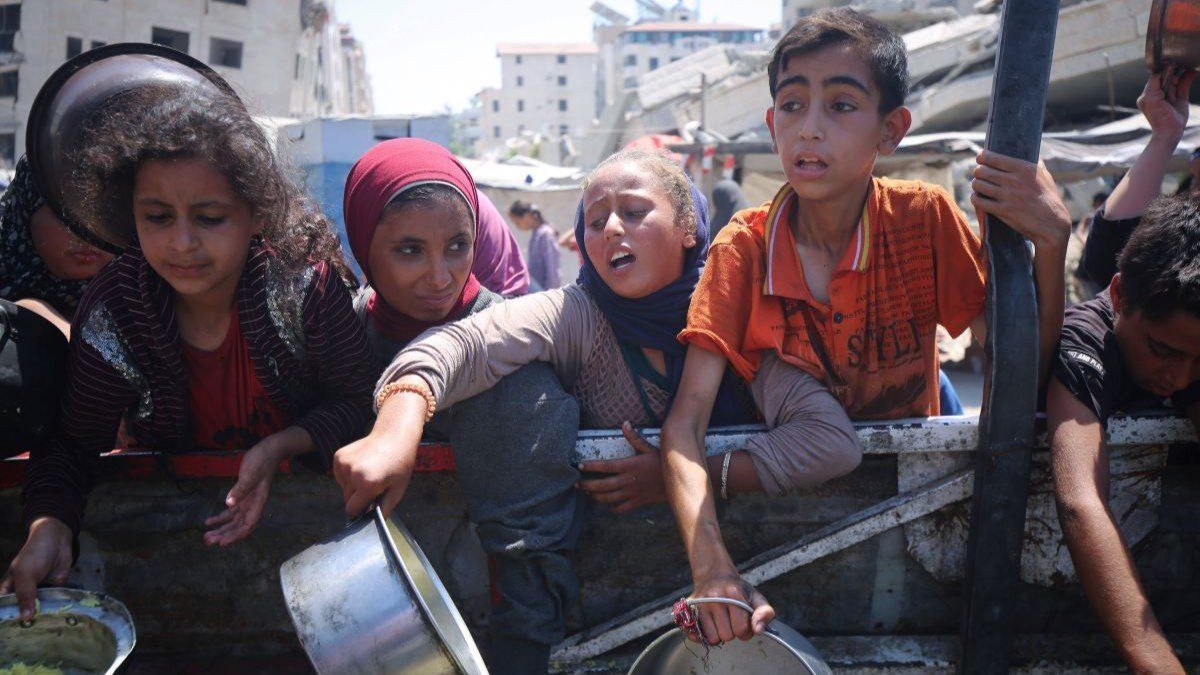There is a US plan for Gaza
US President Donald Trump will convene a “large meeting” at the White House today to discuss a plan for managing Gaza once the war there ends. US special envoy Steve Witkoff even appeared to acknowledge that the US had a plan, adding that he hopes the war is resolved by the end of the year. The meeting comes as an inquest begins into Monday’s double Israeli strike on a hospital in Khan Younis that killed 20 people. Israeli Prime Minister Benjamin Netanyahu called it a “tragic mishap.”
Russia uses Niger to go nuclear on France and the West
Russia may be focused on its invasion of Ukraine, but that hasn’t stopped it from making other moves to weaken the West: Moscow has offered to build a nuclear power plant in Niger that could hurt parts of France’s nuclear industry. Niger, a uranium-rich nation in the Sahara Desert, has previously exported the metal to France for further refining, but the ruling military junta has been cutting ties with the former colonial power ever since overthrowing the government in 2023 – and Russia eyes an opportunity. The plan is fraught with challenges, though, and the plant may never come to fruition.
Australia identifies Iran funding to synagogue attackers
Australia is following the money in its investigation of the antisemitic attack on a Melbourne synagogue last year, with officials saying Wednesday that the funds that the alleged perpetrators received traced back to Iran. It’s possible that those charged didn’t even know Tehran was involved. This revelation comes after Australian Prime Minister Anthony Albanese said Tuesday that Iran orchestrated this terrorist attack, as well as another in Sydney. Australia isn’t the only country probing the role of Iran’s government in carrying out terrorism: British and Swedish security forces have also warned that the Islamic Republic were attempting to use proxies to commit attacks in their countries.
